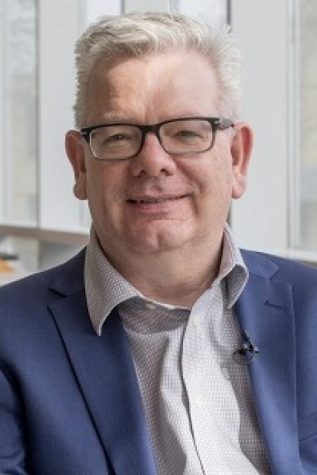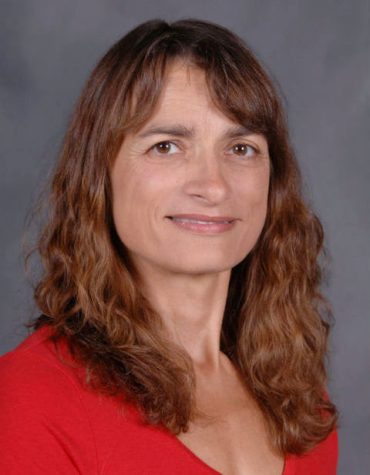The School of Peace, Conflict Studies growing, still keeping legacy of May 4 alive
March 9, 2023
The School of Peace and Conflict Studies is expanding.
The school recently developed an undergraduate minor of environment, peace and justice. This summer, it is holding a conference on peace education in Kigali, Rwanda, which will take place at the new summer institute at the University of Rwanda. The most recent addition to the program was a newly approved graduate program.

Neil Cooper has been the director of the School of Peace and Conflict Studies for about four years now, and he teaches a course on arms control and disarmament.
The College of Arts and Sciences is the home to this program of about 50 students. The program has been around since 1971 as a living remembrance of May 4, promoting peace and peaceful change, Cooper said.
“The broad mission at the beginning was to research, teach and promote mechanisms of peaceful economic and social and political change,” Cooper said. “And that remains at the heart of everything that we aim to do, promote peaceful change, and promote peace itself.”
Cooper said that educators in this program teach through three interconnected ways. Students are taught through research and by working with peace workers and leaders in the classroom. Students also have the opportunity to work with peace workers and leaders outside the classroom on a local and international level.
“Our work spans everything from interpersonal conflict and the challenge of addressing conflicts either in the workplace or in the community here, right through to the work of addressing international conflicts,” Cooper said.

Professor Karen Cunningham teaches a course on May 4 in the School of Peace and Conflict Studies which has evolved from its start in 1975. Students have the opportunity to look into the political climate at the time, memorialization, criminal trials and civil trials from the event, as well as talking with guest speakers who were close to the incident.
“We have people who were there at the time, who are able to share their experiences,” Cunningham said. We have people who’ve done research in relevant areas, we have people who have worked with memorializing so they get exposed to people who can give them firsthand accounts.”
In order to keep the legacy of May 4 alive, the main principles of education are teaching conflict styles, communication skills, mediation, restorative justice and negotiation.
With all the skills that this program offers, Cunningham and Cooper agree that peace and conflict studies can lead students into a broad spectrum of careers.
“A lot of times people won’t really understand what you can do with peace and conflict studies,” Cunningham said. “So it’s up to our students to be able to educate potential employers as to how this degree can really be used across a whole variety of disciplines.”
























